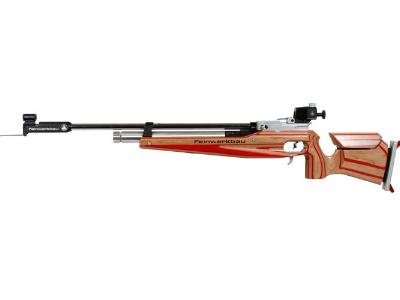
Air Rifle
Versatile air rifle built for target shooting, plinking, or small game – power, accuracy, and fun in every shot.
How Much PCP Airgun: A Comprehensive Guide
Understanding PCP Airguns
PCP (Pre-Charged Pneumatic) airguns are popular among shooting enthusiasts due to their precision and power. Unlike traditional spring-powered airguns, PCP models use compressed air stored in a cylinder to propel pellets. This technology allows for higher velocities and greater accuracy, making them ideal for target shooting and small game hunting.
Factors Influencing the Cost of PCP Airguns
The price of a PCP airgun can vary widely based on several factors:
- Brand: Established brands often charge more due to their reputation for quality.
- Materials: Higher-end models may use premium materials that increase durability and performance.
- Cylinder Size: Larger cylinders can hold more air, which may affect the overall price.
- Shooting Features: Advanced features like adjustable power settings or integrated scopes can raise costs.
Price Range of PCP Airguns
If you’re wondering how much pcp airguns cost, here’s a breakdown of typical price ranges:
- Bargain Models: $200 – $400 – These entry-level options are great for beginners.
- Midsize Models: $400 – $800 – These offer better performance and additional features suitable for serious hobbyists.
- Premium Models: $800+ – High-end options that provide exceptional accuracy, build quality, and advanced technology.
Add-On Costs
The initial purchase price is just one part of the total investment in a PCP airgun. Additional costs may include:
- Air Tank or Compressor: Essential for filling your gun; prices range from $100 to over $500 depending on type and capacity.
- Pellets: Quality pellets can cost around $10-$20 per tin, depending on brand and quantity.
- Sights or Scopes: Depending on your needs, these can add another $50 to several hundred dollars to your setup.
Maintenance Considerations
The longevity of your PCP airgun will depend not only on its initial quality but also on how well you maintain it. Regular maintenance includes cleaning the barrel, checking seals, and ensuring proper storage conditions. Neglecting maintenance could lead to additional repair costs over time.